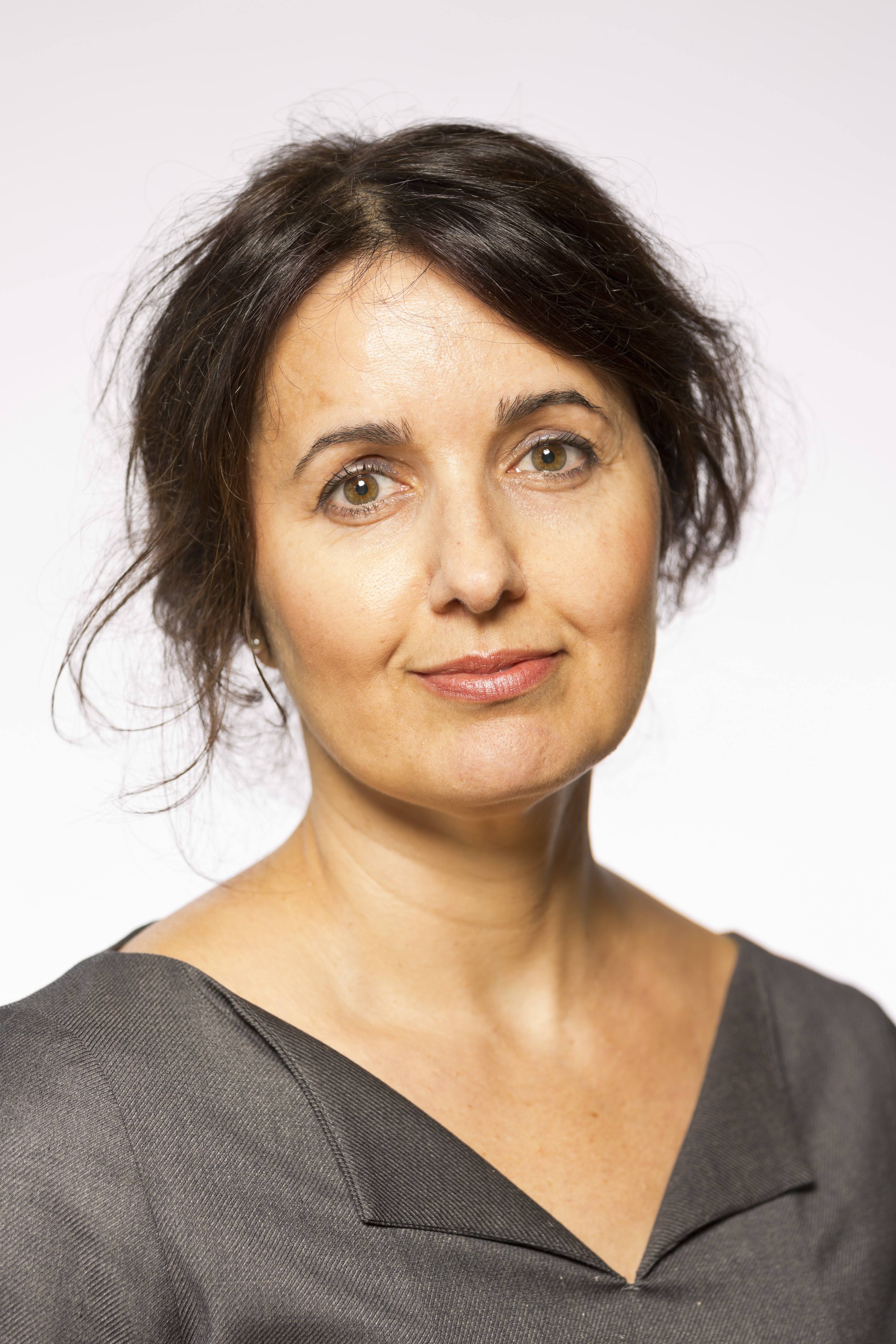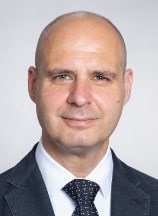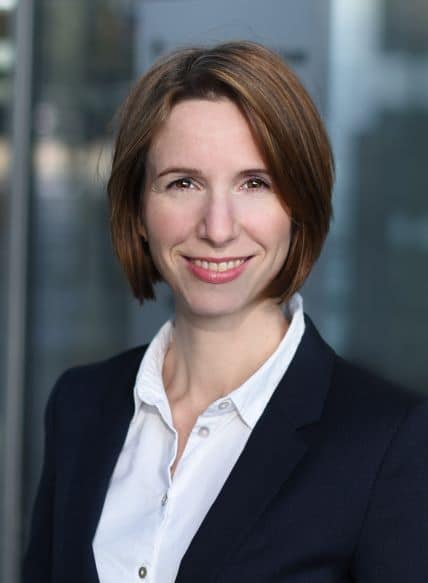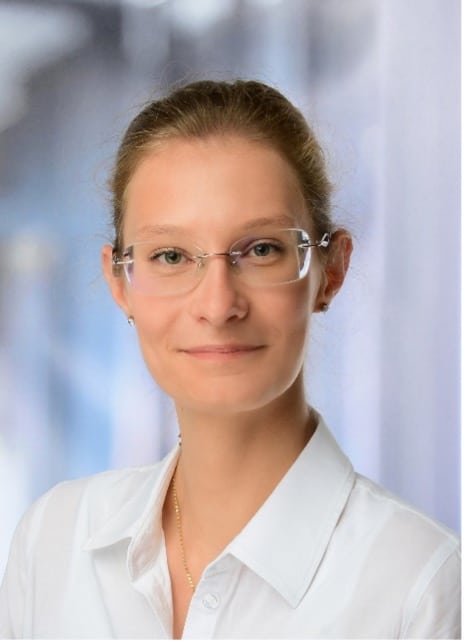German Institute for Adult Education – Leibniz Centre for Lifelong Learning (DIE)
DIE is one of the 97 extramural research institutes of the Leibniz Association funded by the German federal and state governments. It conducts interdisciplinary research on adult learning and teaching, continuing education programmes and institutions, and the political and institutional framework conditions of lifelong learning. DIE provides research infrastructure, contributes to the transfer of knowledge, supports stakeholders on national and international level and establishes links between policy, research, and practice. DIE has 117 staff members, and it is in Bonn. DIE’s library is the largest scientific special library in German speaking countries. The institute currently participates in 37 third-party funded research projects (frequently in coordinating role), several of them funded by the EC. It maintains institutional cooperations with well-known institutions, among them the UNESCO Institute for Lifelong Learning, the OECD, and the University of British Columbia. In terms of its organisational structure, size and profile, DIE is a unique establishment, both in the European education system and beyond.
Key-Players

Dr. Alexandra Ioannidou is postdoctoral researcher and head of the Internationalisation Unit, Executive Department. She holds a diploma in Philosophy, Pedagogy and Psychology and a PhD in Educational Sciences. She is Board member and Secretary of the European Society for Research on the Education for Adults (ESREA) and member of the ASEM Lifelong Learning Research Hub. Her research interests are international comparative adult education research on provision and participation, educational governance and international policy analysis in lifelong learning, adult basic education, and vocational education and training. Website: https://www.die-bonn.de/institut/mitarbeitende/79

Prof. Dr. Andreas Martin is Professor of Educational Science with a focus on continuing education at the FernUniversität in Hagen and Head of the Department of System and Policies at DIE. He holds a diploma and a PhD in sociology. His research focuses on the interrelationships of supply and participation structures, the intended and unintended effects of policy interventions, on monetary and non-monetary returns to continuing education, and the societal impact of continuing education. Further, he examines working and employment conditions in the continuing education sector and their influence on the professionalisation of teaching staff. Website: https://www.die-bonn.de/institut/mitarbeitende/3863

Dr. Sonja Muders is a postdoctoral researcher at the German Institute for Adult Education (DIE). She holds a diploma in sociology and a PhD in economics. She conducts research on (adult) education organizations with a focus on cooperation, migration, and digitization, as well as educational leadership, management, governance, and reforms.
Website: https://www.die-bonn.de/institut/mitarbeitende/5123

Hanna Edler is a researcher at the German Institute for Adult Education (DIE). She holds a diploma in Educational Sciences and International Migration Studies and Intercultural Relations. She is a PhD student at the University of Cologne focusing on displaced people’s processes of Bildung after (conflict-induced) displacement. Her research further involves agency, intersectionality, cultural and postcolonial studies, interactive Constructivism, monitoring cultural education at a municipal level, and peace perceptions of displaced people.
Website: https://www.die-bonn.de/institut/mitarbeitende/7263
Contribution to the Project
The DIE team will contribute with its expertise in international comparative research, the political economy of adult learning systems, educational governance, and institutional policy analysis within a multi-layered system. Moreover, the team is experienced in describing territorial and longitudinal variations in opportunity structures and participation, in conducting multilevel analysis, in examining intended and unintended effects of policy interventions as well as in exploring the perception of research findings by educational policy and practice.
